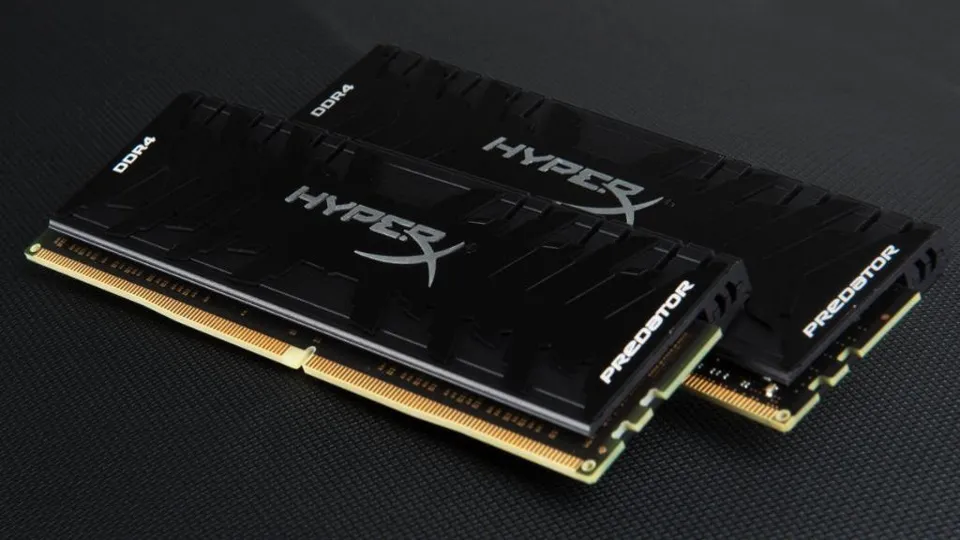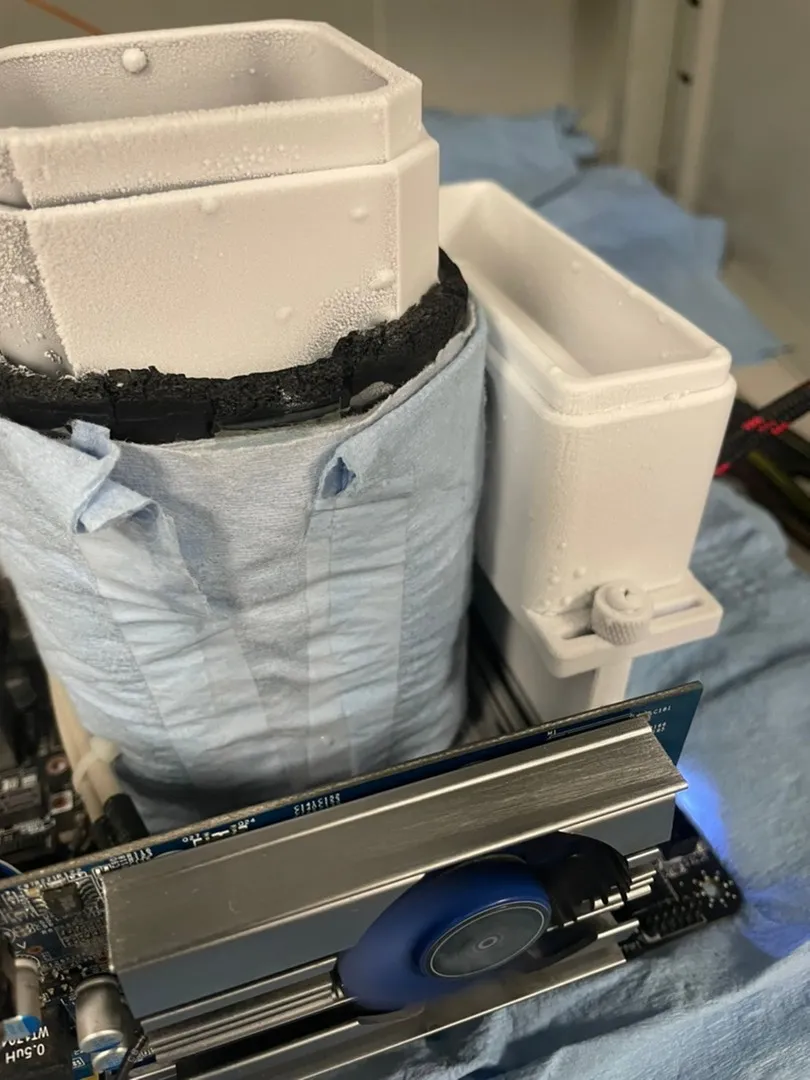Not bad for a RAM stick with a 4600MHz speed rating.
The MSI OC Team in Taiwan has set a new DDR4 overclocking milestone, clocking in at a mind-boggling 7,156MHz. A single stick of HyperX Predator 4600MHz 8GB DDR4 was used to set the record. As the name implies, the module is measured at 4,600MHz, which is a significant overclock over the XMP profile.
Since the naming of RAM modules is a bit of a mess, and you'll need to be specific to get this record-holding stick of memory, the HX44C19PB3K2/16 is the specific module you'll need to pick up if you want to set your own records.
It's worth mentioning that, while this is a world record for RAM overclocking, it won't help you much in terms of gaming. For starters, it's just one stick of RAM, which means it's only using one of the memory channels. To achieve this frequency, the CAS Latency has been hammered, with the stick working with a CAS Latency of 58. Gulp. For contrast, the CL of the XMP profile at 4600MHz is 19.
There's also the fact that this overclock was accomplished with liquid nitrogen, which isn't ideal for everyday gameplay. However, it's also an insane overclock.
It should come as no surprise that the MSI OC Team accomplished this feat using an MSI motherboard. For a break, the MSI MEG Z590I Unify isn't an insanely pricey enthusiast-class motherboard.
The fact that the team chose Intel's new Core i9 11900K raises more eyebrows, as the general consensus is that Intel's top-end Rocket Lake processor isn't particularly thrilling. However, it appears that it has a few speedy aces up its 14nm++ sleeve, especially when it comes to RAM speeds. The top four DDR4 RAM overclocks all use Rocket Lake processors, with the AMD Ryzen 7 4700GE coming in fifth, nearly 500MHz behind the current record.
While Rocket Lake is delivering, the overclocking team had to massively downclock the Core i9 11900K to achieve the world record memory clock. The processor was only working at 1,490.85MHz, a 57.4 percent decrease in frequency.



Post a Comment